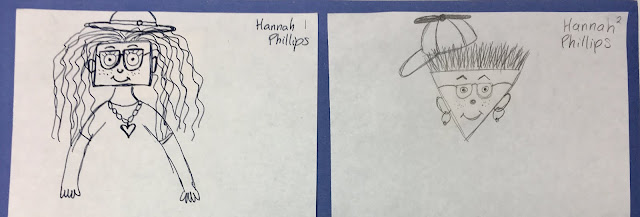Mock Interview Reflection
How do you feel the interview went overall? Overall, I think that the interview went well. I felt prepared in the sense that I had thought out answers to basic interview questions, and I did not think that I sounded "scripted." How did you prepare for the interview? To prepare for the interview, I reviewed my notes from an interview I had just a couple months ago for a mental health fieldwork. For this interview I had reflected on my strengths, weaknesses, valuable lessons from my graduate education, and experiences in the field. In addition, I read through AOTA's "Best Answers to the 11 Most Difficult Interview Questions" which helped to prompt my thought process about responses to potential questions. The AOTA article can be found here: https://www.aota.org/Education-Careers/Students/Pulse/Archive/job-search/interview.aspx What went differently than you expected? The interview went much more quickly than I expected. I also felt more comfortable than I...
